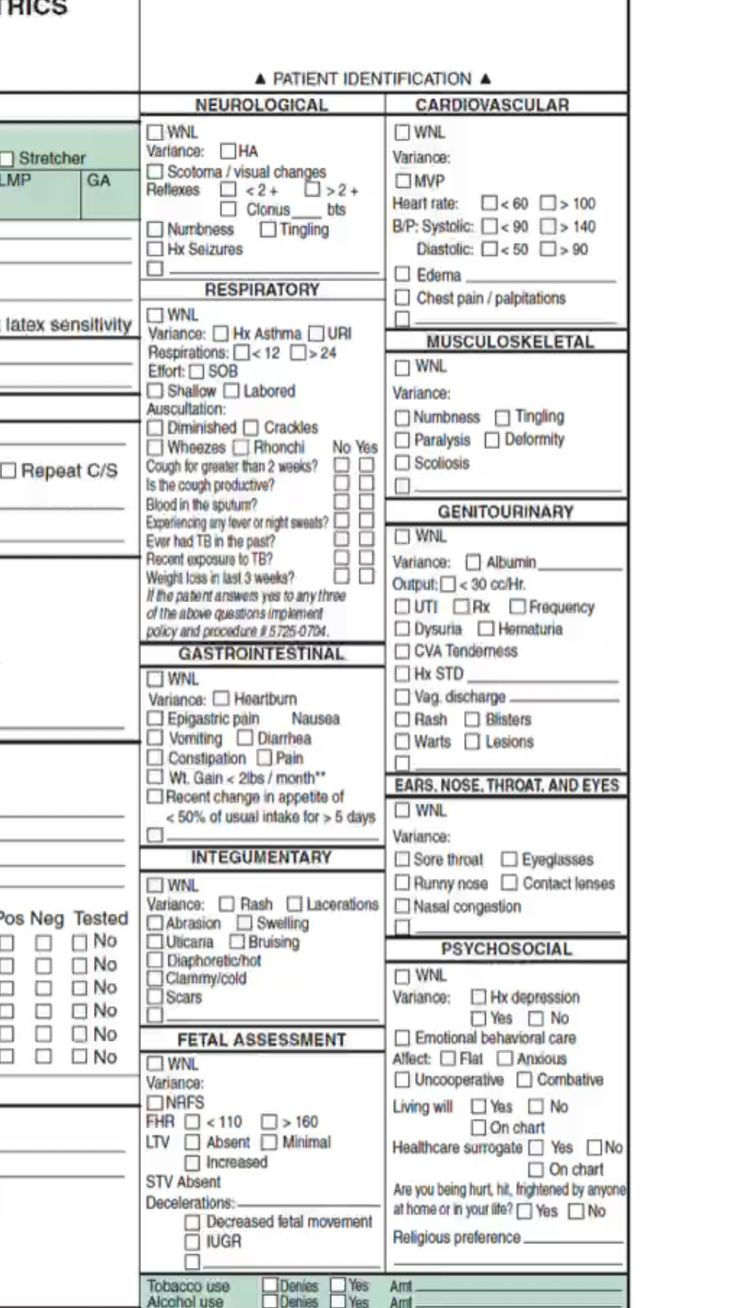Essential Paperwork Guide for Your Med Board Process

Embarking on the Medical Evaluation Board (MEB) process can be a daunting journey for military members. This guide simplifies the process by outlining the essential paperwork required, ensuring you are well-prepared for this significant administrative step.
Understanding the MEB Process

The Medical Evaluation Board is a formal process within the military to determine whether a service member’s medical conditions affect their ability to perform their duties. Here’s a quick overview:
- It evaluates physical and mental conditions.
- The goal is to provide a framework for benefits and transition support.
- Outcomes can range from fit for duty to medical separation.
Documentation Checklist

Here is a comprehensive checklist of documents you’ll need:
| Document | Description |
|---|---|
| Medical Records | Includes all clinical notes, lab results, and imaging. |
| Service Records | Contains military history, awards, and job performance evaluations. |
| MEB Medical Questionnaires | Specific forms detailing your medical conditions. |
| DA Form 3947 | Medical Evaluation Board Proceedings (Army). |
| DD Form 2807-1 | Report of Medical History (All branches). |
| VA Forms | Various forms for VA disability rating. |

Steps to Prepare Your Paperwork

The preparation of your MEB paperwork involves several key steps:
- Collect Medical Records: Ensure your medical records are current and complete. This might involve contacting your treatment facility.
- Complete Service Records: Request updated records from your unit’s personnel section.
- Fill Out Forms: Carefully fill out the required MEB forms. Accuracy is crucial.
- Documentation Review: Have a legal representative or advocate review your documents to ensure completeness.
Navigating the MEB Timeline

The timeline for an MEB can be lengthy. Here’s what you might expect:
- Initiation: Once you’re deemed unfit by a medical provider, the process begins.
- Collection and Review: Documents are gathered and reviewed by the MEB team.
- Board Decision: The board determines your fitness for duty or separation.
- Post-Board Actions: If unfit, you’re referred to the Physical Evaluation Board (PEB) for benefits determination.
🔍 Note: Keep all documents organized in a binder or digital file. Timely submission can expedite your case.
Common Pitfalls and Tips for a Smooth Process

Here are some common pitfalls to avoid and tips to navigate the MEB process:
- Procrastination: Start early; the process can take months.
- Documentation Gaps: Ensure no missing medical records or incomplete forms.
- Misunderstanding the Process: Educate yourself or work with an advocate who understands military disability.
- Appeals and Corrections: Know your rights to appeal decisions or correct records if needed.
Throughout your journey, consider:
- Creating an informal support network.
- Seeking mental health support if needed.
- Keeping communication open with your MEB team.
In recapitulating this guide, here are the key takeaways for preparing for your MEB:
- The MEB process evaluates your fitness for duty due to medical conditions.
- Organize all necessary documents from medical records to specific MEB forms.
- Understand the timeline, start early, and avoid common pitfalls.
- Stay informed about your rights to appeal or correct records.
By following this guide, you'll ensure your paperwork is in order, allowing you to navigate the MEB process with confidence and clarity.
What happens if my medical records are incomplete?

+
If medical records are incomplete, your case might be delayed or returned for further documentation. Ensure all records are complete or request medical facilities to provide any missing records.
Can I appeal an MEB decision?

+
Yes, you can appeal an MEB decision if you feel it was incorrect. This involves submitting a request for reconsideration or formal appeal to the appropriate board or tribunal.
How long does the MEB process typically take?

+
The duration of an MEB can vary widely, but generally, it takes several months. Factors like the complexity of your medical issues, administrative delays, and appeals can prolong the process.



